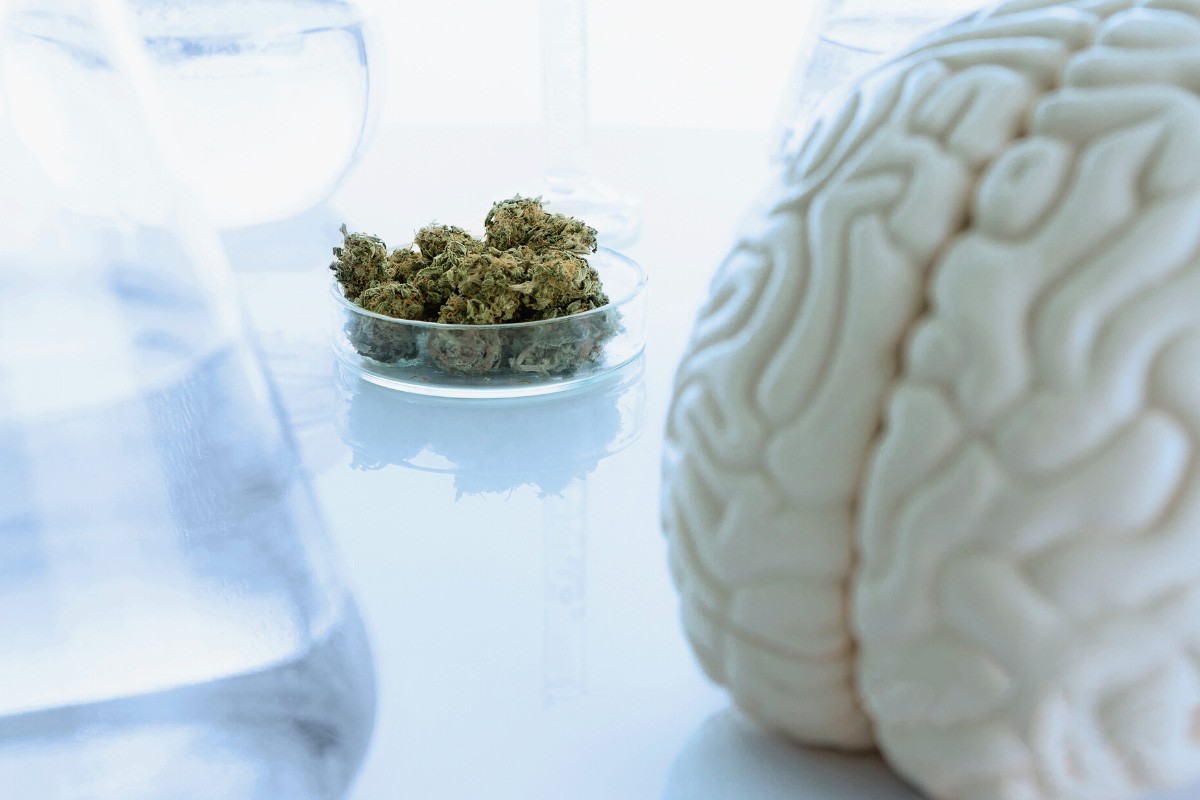The research team led by Kelly Sagar of Harvard Medical School, USA, studied the effects of medical cannabis treatment on cognitive performance.
Study procedure
Participants in the study were patients who were at least 21 years old and cleared for treatment with medical cannabis. They were also not allowed to have started any prior treatment with medical cannabis and had very little prior experience with recreational use (less than 15 times). To examine the patients’ cognitive abilities without a possible influence of cannabis, various neurocognitive tests were administered before treatment began. In previous studies, executive functions (reasoning and concentration/attention) and memory were shown to be worsened by recreational cannabis use, which is why the research team focused on examining these areas. After starting treatment with medical cannabis, patients were assessed at three additional time points – after 3, 6, and 12 months. To avoid exercise effects in patients, although the same characteristics were collected at each testing time point, different tests were used. In addition, various clinical characteristics, such as mood, sleep patterns and anxiety, were recorded at each time point to assess the effectiveness of medical cannabis.
A total of 54 patients who attended at least one follow-up appointment at 3 months, 44 with another follow-up appointment at 6 months, and 32 patients who attended all three appointments participated in the study. Patients used medical cannabis to treat pain, anxiety and post-traumatic stress disorder, sleep problems, and to improve mood or alertness. Over the course of the study, medical cannabis was taken an average of 9 to 11 times weekly orally, in oral spray form, or via inhalation. Compositional analysis of the cannabis showed that, on average, more cannabidiol (CBD) was taken than tetrahydrocannabinol (THC).
Results of the study on the influence of cannabis on cognitive performance
In this study, Sagar and colleagues found an improvement in cognitive performance in the area of executive functions in patients treated with medical cannabis. Memory and verbal performance remained constant. In addition, improvements in mood, anxiety, and sleep quality were also seen at all study visits, indicating the efficacy of medical cannabis. However, several analyses did not show a direct relationship between cognitive performance improvement and THC or CBD. A statistically significant association was nevertheless shown between CBD use and improvement in patients’ clinical condition. Accordingly, the long-term improvement of clinical symptoms through the use of medical cannabis could have a positive influence on cognitive performance. The authors of the study suggest an indirect relationship between medical cannabis treatment and cognitive performance. It is hypothesized that treatment with medical cannabis contributes to an increase in cognitive performance by improving sleep quality, mood, and anxiety.
Conclusion
This long-term study shows an increase in cognitive performance in patients treated with medical cannabis – not a decrease, as suggested in studies on recreational cannabis use. In addition, CBD use promotes improvement in clinical symptoms.








